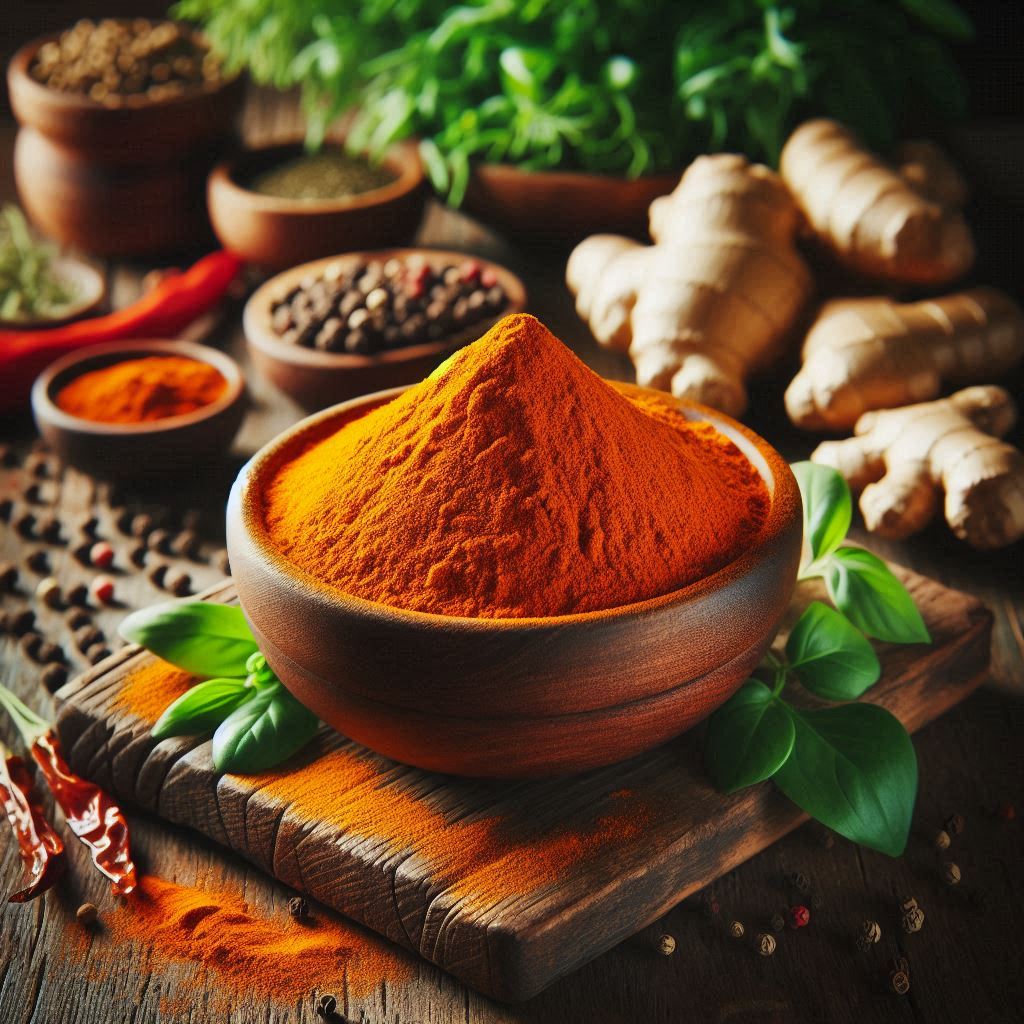Trikatu is a combination of three spices commonly used in Ayurveda: ginger (Zingiber officinale), black pepper (Piper nigrum), and long pepper (Piper longum). Each of these spices has its own unique properties, but when combined in Trikatu, they are believed to have a synergistic effect on digestion, metabolism, and overall health.
One of the key benefits of Trikatu is its ability to enhance digestive function. Ginger is known to stimulate the production of digestive enzymes and help prevent bloating, while black pepper and long pepper are believed to stimulate the production of stomach acid and improve the absorption of nutrients. This makes Trikatu a popular remedy for digestive complaints such as indigestion, flatulence, and constipation.
Trikatu has also been found to have anti-inflammatory and analgesic properties. Studies have shown that the combination of these three spices can reduce inflammation and pain in conditions such as arthritis and gout. Additionally, Trikatu has been found to have antimicrobial properties, making it a potential treatment for infections caused by bacteria, viruses, and fungi.
In Ayurveda, Trikatu is traditionally used to improve respiratory function and treat conditions such as asthma, coughs, and colds. It is also believed to enhance metabolism and promote weight loss, making it a popular ingredient in many weight-loss supplements.
References:
- Singh, B., Chandan, B.K., & Gupta, D.K. (2010). Adaptogenic activity of a novel, withanolide-free aqueous fraction from the roots of Withania somnifera Dun. Phytotherapy Research, 24(2), 313-318.
- Tripathi, Y.B. (2013). A review on recent advances in hepatoprotective activity of Indian medicinal plants. Natural Product Radiance, 2(6), 314-321.
- Agarwal, R., & Diwanay, S. (2009). Protective effect of Indian spices against oxidative stress and inflammation: A review. International Journal of Herbal Medicine, 1(2), 1-5.
- Jantan, I., & Ahmad, W. (2015). Piperine: A review of its pharmacological effects. International Journal of Pharmacy and Pharmaceutical Sciences, 7(1), 1-7.
- Dhiman, A.K., Nanda, A., & Ahmad, S. (2012). Piper longum Linn. – An overview. International Journal of Pharmaceutical Sciences and Research, 3(4), 929-937.
Note: The references above are not specific to Trikatu, but rather to the individual herbs that make up the Trikatu formula. There are limited studies available that specifically investigate the effects of Trikatu as a whole.

